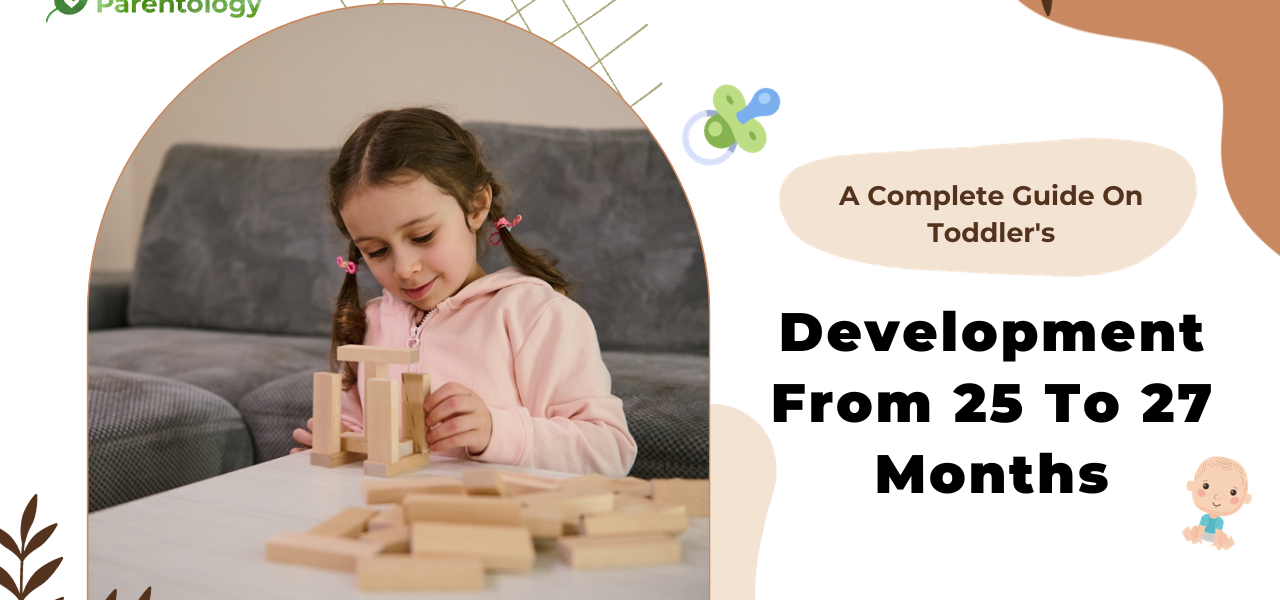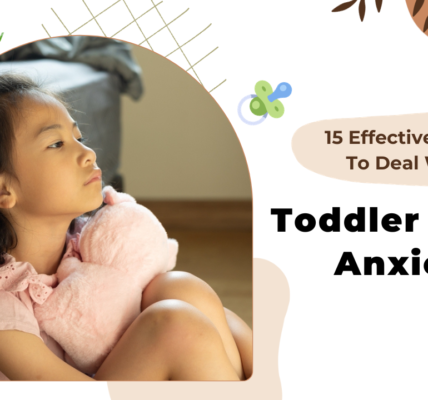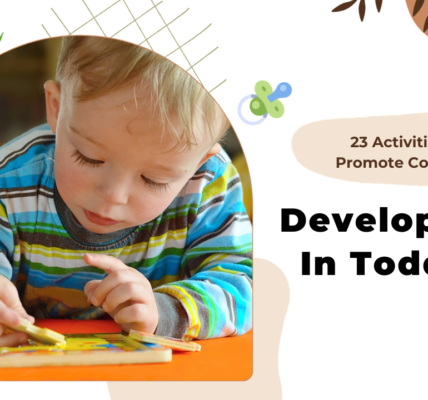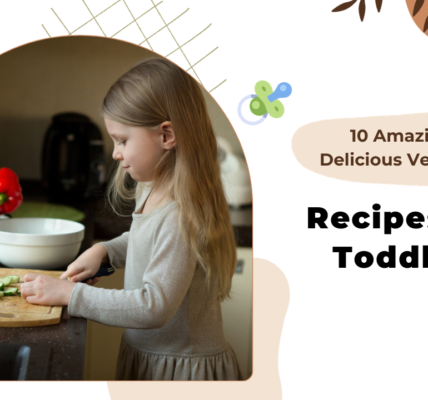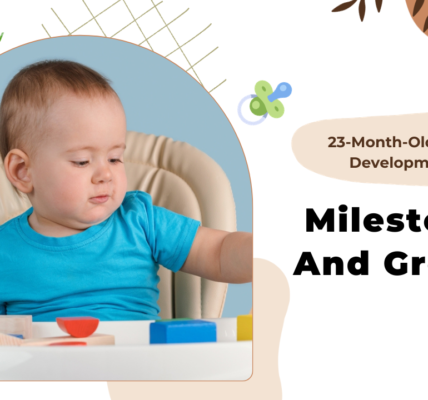A Complete Guide On Toddler’s Development From 25 To 27 Months
As a parent, you’re well aware of the incredible journey of watching your child grow. The period from 25 to 27 months marks a crucial phase in your toddlers development stages. During these months, they embark on a remarkable journey, achieving various developmental milestones. In this guide, we’ll walk you through the key aspects of your toddler’s development, offering insights, tips, and answers to frequently asked questions.
Toddlers Development Stages: 25-27 Months
Your toddler is no longer a baby but a curious explorer of the world. The 25-27 month period is filled with exciting changes and achievements. Let’s break down the developmental milestones into several categories:
Physical Milestones
1. Improved Motor Skills
At this age, most toddlers have gained better control over their bodies. They can walk with more confidence and might even attempt to run.
Climbing skills also improve, and they can navigate stairs with greater dexterity.
2. Fine Motor Skills
Your toddler’s fine motor skills are rapidly developing. They can now pick up smaller objects and attempt to feed themselves using utensils.
Cognitive Milestones
1. Growing Vocabulary
During this phase, your toddler’s vocabulary experiences a significant boost. You’ll notice them using more words and even starting to form simple sentences.
2. Problem-Solving Abilities
Basic problem-solving skills begin to emerge. Your toddler can now tackle simple puzzles and understand how to open doors, cabinets, or containers.
Socio-emotional Development
1. Seeking Independence
One of the defining characteristics of toddlers in this age group is their desire for independence. They insist on doing things by themselves, from dressing to feeding.
2. Empathy
Some toddlers start showing signs of empathy, comforting others when they’re upset or hurt. This is an early sign of social awareness.
Nurturing Your Toddler’s Growth
Supporting your toddlers development stages during these crucial months is essential. Here’s how you can help them thrive:
1. Encourage Play
Engage in activities that stimulate physical and cognitive development, such as building with blocks or outdoor play.
2. Promote Independence
Allow your toddler to tackle age-appropriate tasks on their own. This builds their self-esteem and confidence.
3. Reading Together
Reading is a wonderful way to foster language development. Make reading a regular part of your daily routine.
4. Offer Choices
Encourage decision-making within set limits, such as letting them choose their outfit for the day. This empowers them and teaches them about consequences.
Frequently Asked Questions (FAQs)
Q 1. What are some signs that my 2-year-old is ready for potty training?
Ans 1: Potty training readiness can vary, but some signs include showing interest in the toilet, staying dry for longer periods, and expressing discomfort with soiled diapers.
Q 2: How can I encourage my toddler to eat a balanced diet?
Ans 2: Offer a variety of foods, model healthy eating habits, and make mealtimes pleasant and relaxed.
Q 3: Should I be concerned if my child is not speaking as much as other kids their age?
Ans 3: While language development varies, consult a pediatrician if you have concerns about your child’s speech development.
Q 4: What are some safety considerations for a 2-year-old’s environment?
Ans 4: Secure heavy furniture, keep small objects out of reach, and use safety gates to childproof your home.
Q 5: How can I handle tantrums and emotional outbursts in a 2-year-old?
Ans 5: Stay calm, set limits, and offer comfort and empathy during tantrums.
Q 6: What kind of activities can stimulate my child’s creativity and imagination?
Ans 6: Art activities, imaginative play, and exploring nature are excellent for fostering creativity.
Q 7: What is the average amount of sleep a 2-year-old needs?
Ans 7: Most 2-year-olds require 11-14 hours of sleep, including naps.
Q 8: How can I support my toddler’s growing social skills?
Ans 8: Arrange playdates, encourage sharing, and model appropriate social interactions.
Q 9: Is it normal for my child to have strong likes and dislikes at this age?
Ans 9: Yes, it’s a sign of developing preferences. Encourage their choices within reason.
Q 10: When should I be concerned about my child’s development, and when is it normal for them to progress at their own pace?
Ans 10: While children develop at different rates, consult your pediatrician if you have concerns about significant delays in development.
Embracing the Journey
Your toddler’s journey from 25 to 27 months is a remarkable one. Understanding and nurturing their development can lead to a fulfilling adventure. Remember, every child progresses at their own pace, and each milestone is a unique step in their incredible story of growth and exploration.
For more parenting insights and helpful tips, visit Parentology.
Conclusion
In these 25-27 months, your toddler is transforming into an independent and inquisitive little person. They are reaching critical developmental milestones, both physically and cognitively. As parents, your role is to provide a nurturing environment, support their exploration, and celebrate each achievement along the way.
By following these guidelines and being patient, you’ll ensure your toddler’s smooth transition into the next stages of their development.
This journey is an awe-inspiring one. As a parent, you’re their guide, their biggest supporter, and their witness to every remarkable step they take.
This comprehensive guide of Parentology has shed light on the amazing developmental milestones that your toddler is achieving between 25 and 27 months. By understanding these phases and offering the right support, you are providing them with the best foundation for a bright and healthy future.

